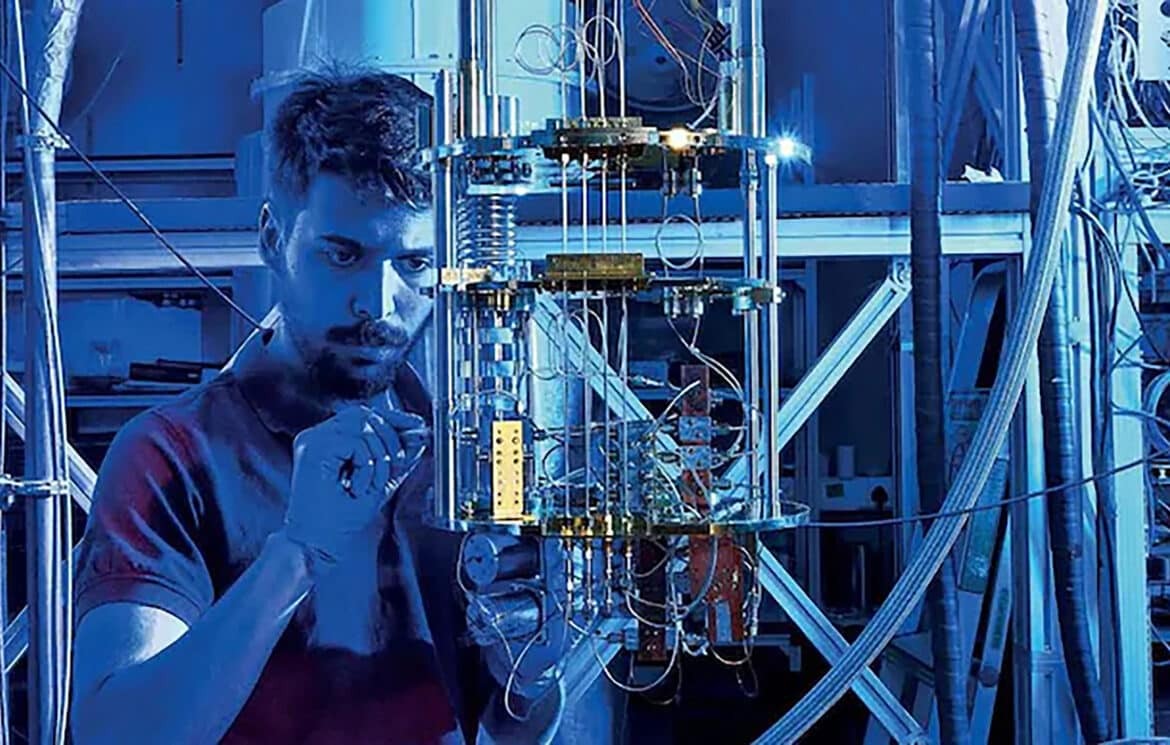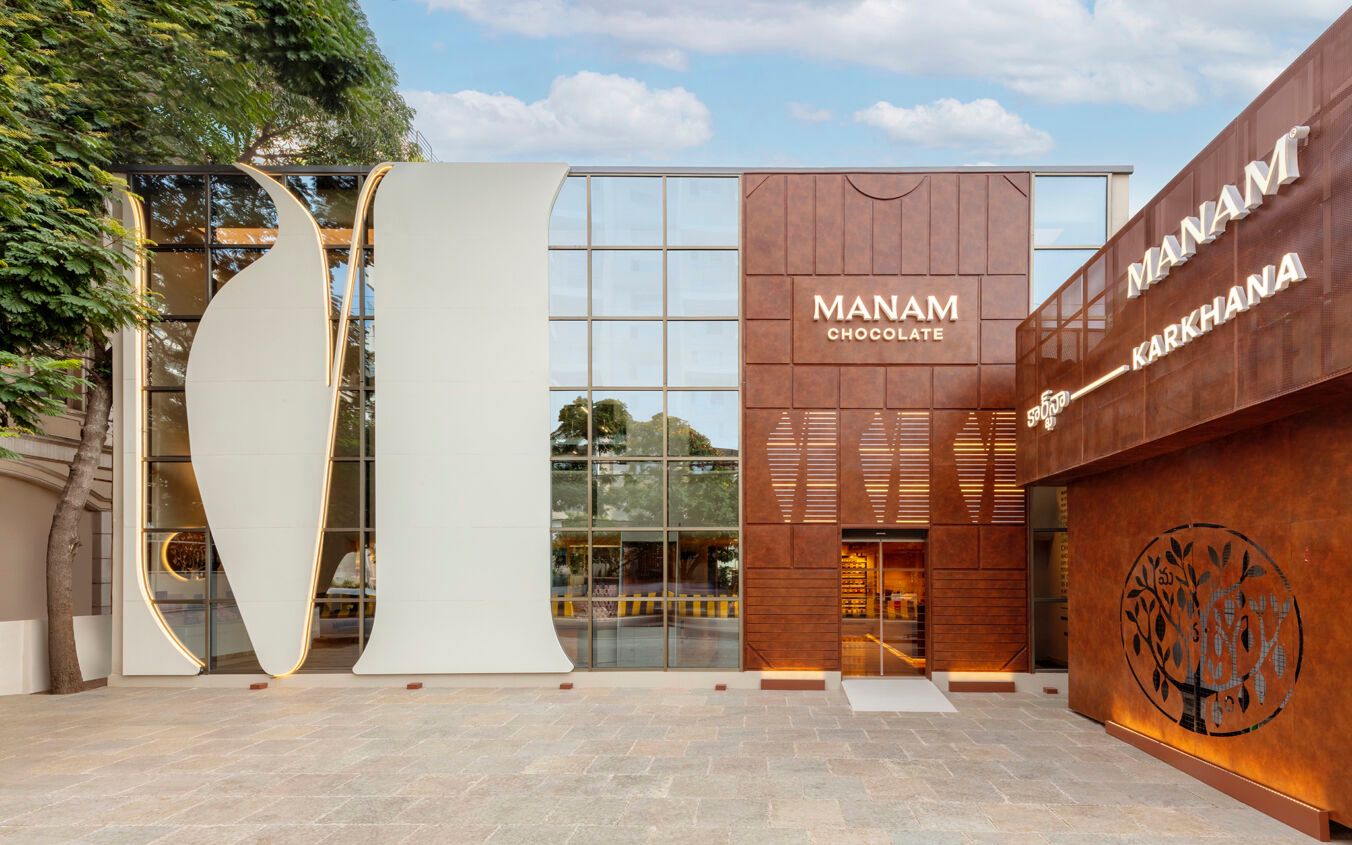 Image Source : PostQuantum
Image Source : PostQuantum
India has officially approved its first indigenous quantum computer prototype, marking a major milestone in the country’s push for technological self-reliance under the National Quantum Mission (NQM). Built by Bengaluru-based startup QpiAI, the system—named QpiAI-Indus—signals India’s entry into the global quantum race.
What Makes QpiAI-Indus a Breakthrough
-
Developed entirely in India, the full-stack system includes superconducting qubit hardware, control electronics, and hybrid quantum-AI software
-
Features 25 physical qubits with gate fidelities approaching global benchmarks
-
Designed for real-world applications in drug discovery, logistics, materials science, and climate modeling
Backed by National Quantum Mission
-
NQM, launched in 2023 with a ₹6,003 crore budget, aims to build scalable quantum systems with 50–1,000 qubits by 2031
-
QpiAI received a $3.5 million grant and is one of eight startups selected under the mission
-
The prototype approval aligns with India’s broader goals of reducing reliance on foreign tech and building domestic quantum infrastructure
Roadmap and Global Ambitions
-
QpiAI plans to launch a 64-qubit system (Kaveri) in 2026, followed by Ganges (128 qubits) and Everest (1,000 qubits) by 2028
-
The company is targeting 100 logical qubits by 2030, a key threshold for fault-tolerant quantum computing
-
Expansion into Singapore and the Middle East is underway, with IPO plans for 2026 or 2027
Challenges and Talent Pipeline
-
India still depends on imported cryogenic components, but QpiAI assembles 80% of its systems in-house
-
A Quantum Academy has been launched to train engineers and build a skilled workforce
Sources: TechCrunch, Financial Express, Fortune India, Digit, Drishti IAS, The Tech Portal.
Advertisement
Advertisement



